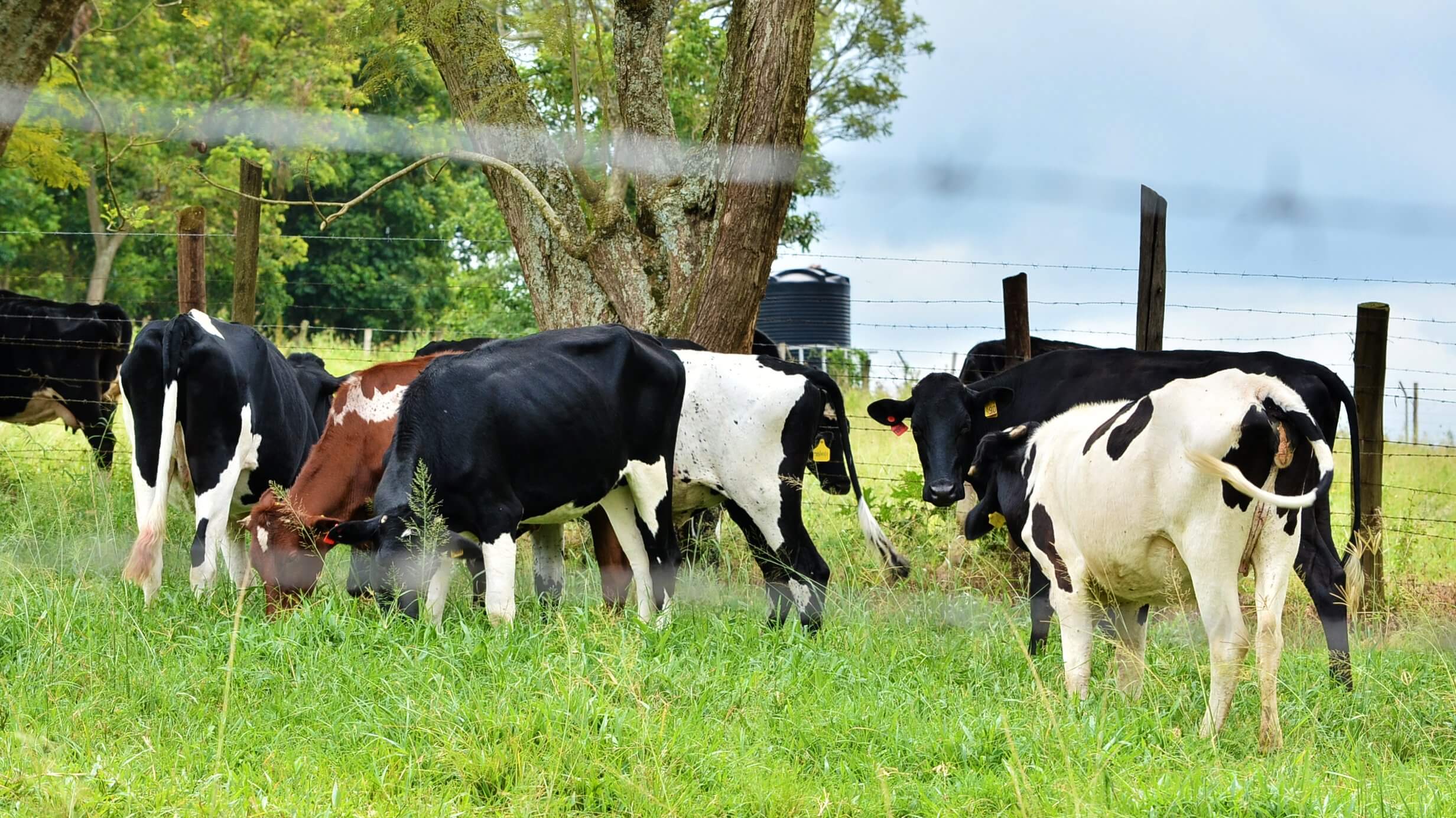
Livestock farmers in Uganda can finally breathe a sigh of relief as scientists at the National Livestock Resources Institute (NaLIRRI) have made a groundbreaking achievement in developing the first-of-its-kind anti-tick vaccine. This remarkable development is set to have a significant impact on Uganda’s cattle population of approximately 14 million, protecting them from the devastating effects of ticks and tick-borne diseases (TTBDs).
The research for this vaccine began in 2016, with the aim of finding a local solution to alleviate farmers’ burden of tick-related diseases. Dr. Fredrick Kabi, the lead investigator of the anti-tick vaccine development and senior research officer at NaLIRRI, explained that unlike acaricides, which provide quick but short-term results, this vaccine has long-lasting effects without any adverse consequences.
“The vaccine takes a gradual effect, weakening and eventually killing the ticks feeding on the vaccinated animals, thus reducing the disease burden,” said Dr. Kabi.
The vaccine primarily targets tick species such as Rhipicephalus appendiculatus, R. decoloratus, and Amblyomma variegatum, which affect various cattle breeds in the country. Specifically, it addresses the brown ear tick, bont tick, and blue tick, which are common in East and Central Africa. Moreover, it helps combat diseases like East Coast Fever, anaplasmosis, and Babesiosis (also known as Redwater).
Extensive testing of the vaccine has been conducted at NaLIRRI and five other sites, including the Mbarara Zonal Agricultural Development Research Institute, where Zabu and Long Horn Ankole cattle breeds are reared. Tests were also carried out in Maruzi and Nabwin in Karamoja (with the Short-horned East African Zebu), Kiruhura (with Ankole cattle), and Isimba (with Boran cattle).
NaLIRRI, which operates under the guidance of the National Agricultural Research Organization (NARO) in Nakyesesa, Wakiso district, has successfully addressed the pressing issue of tick-borne diseases in Uganda. These diseases pose a significant challenge to the livestock industry in Africa, with Uganda experiencing large tick populations due to its favorable equatorial climate for livestock production.
The development of this anti-tick vaccine comes at a crucial time when acaricide resistance in ticks has led to the death of numerous animals in the country. Therefore, its introduction will not only provide an effective solution but also reduce reliance on acaricides, which can be costly and less sustainable in the long run.
To ensure resistance against tick-borne diseases, farmers will be required to administer the vaccine consistently for three years. The production of 5,000 vaccine doses is already underway, pending completion of the registration process. NaLIRRI has established the necessary infrastructure for mass production, and the team is currently liaising with the National Drug Authority (NDA) for official approval before commencing commercial production.
The vaccine can be administered to livestock either through intramuscular injection or oral ingestion, making it convenient for farmers and veterinarians to use. With over 75% of cattle losses in Uganda attributed to TTBDs, and TTBD control costs accounting for 86% of the total animal disease control expenses, the introduction of this anti-tick vaccine holds immense promise for livestock keepers and the entire industry.
The breakthrough achieved by NaLIRRI brings newfound hope to Uganda’s livestock farmers, offering a practical solution to combat tick-related diseases and protect their valuable cattle. This groundbreaking development marks a significant milestone in the agricultural sector and promises a brighter future for livestock farming in the country.
Stay updated with the latest farming tips and agriculture industry news from Africa by subscribing to our newsletter. Don’t miss out on valuable insights and updates. Follow us on Twitter, LinkedIn, and Facebook to join our farming community and stay connected with us.



















Leave a Reply